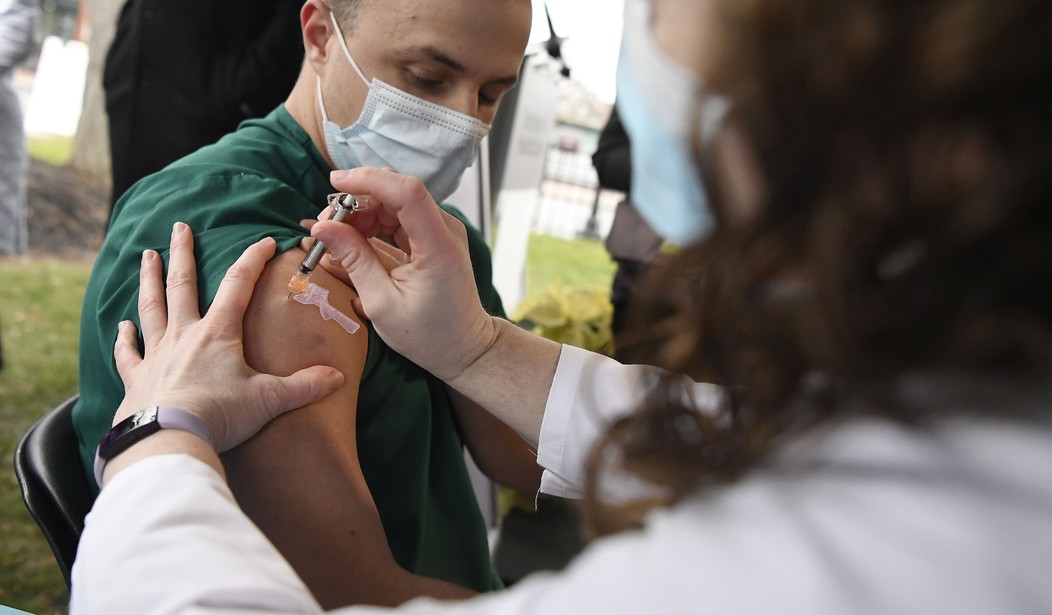The Equal Employment Opportunity Commission issued a ruling this week that says employers can require workers to get the COVID vaccine and prevent them from working if they don’t.
The agency said requiring the test would not violate the Americans With Disabilities Act of 1980 that bars employers from requiring medical exams that seek information about an employee’s physical or mental condition.
As a matter of choice, some employees may not wish to be vaccinated, but the EEOC says an employer can prevent someone from working if they haven’t received the vaccination. According to the EEOC guidance:
If a vaccine is administered to an employee by an employer for protection against contracting COVID-19, the employer is not seeking information about an individual’s impairments or current health status and, therefore, it is not a medical examination. There are many reasons that may explain why an employee has not been vaccinated, which may or may not be disability-related.
Employers requiring workers to be vaccinated is considered the fastest way to inoculate a large number of Americans.
Public health experts have said they predict employers will play a key role in helping bring the nation to a critical degree of widespread immunity as vaccines become more widely available. Two vaccines, one from Pfizer and BioNTech and another from Moderna, have already been approved by the Food and Drug Administration, and the Centers for Disease Control and Prevention is anticipated to greenlight the administration of the Moderna vaccine in the coming days.
Still, even with permission from the EEOC, employers must be cautious about any information that may be gleaned from prescreening questions, which the government said must be “job related and consistent with business necessity.”
Companies want to prevent the spread of the coronavirus for a variety of reasons, not least of which is the possibility of getting sued by an employee who contracts COVID in the workplace. There’s also the desire to limit the number of sick days key employees may take if they get sick.
If an employer initiates a mandatory vaccination policy, there is likely to be some pushback.
A requirement for employees to receive the COVID-19 vaccine could play an important role in combating what experts say is an alarmingly high rate of skepticism toward the shot.
While vaccines are considered one of the most crucial tools to finally reduce the spread of the disease, a Gallup survey last month found that just 58 percent of Americans said they would receive a vaccine.
There may be good reasons an employee doesn’t want the vaccine. Paranoia is not one of them. All signs point to both the Moderna and Pfizer vaccines being safe and effective. And as a quick way to get back to a near-normal life, it may be our best option to require workers to get the shots.









Join the conversation as a VIP Member